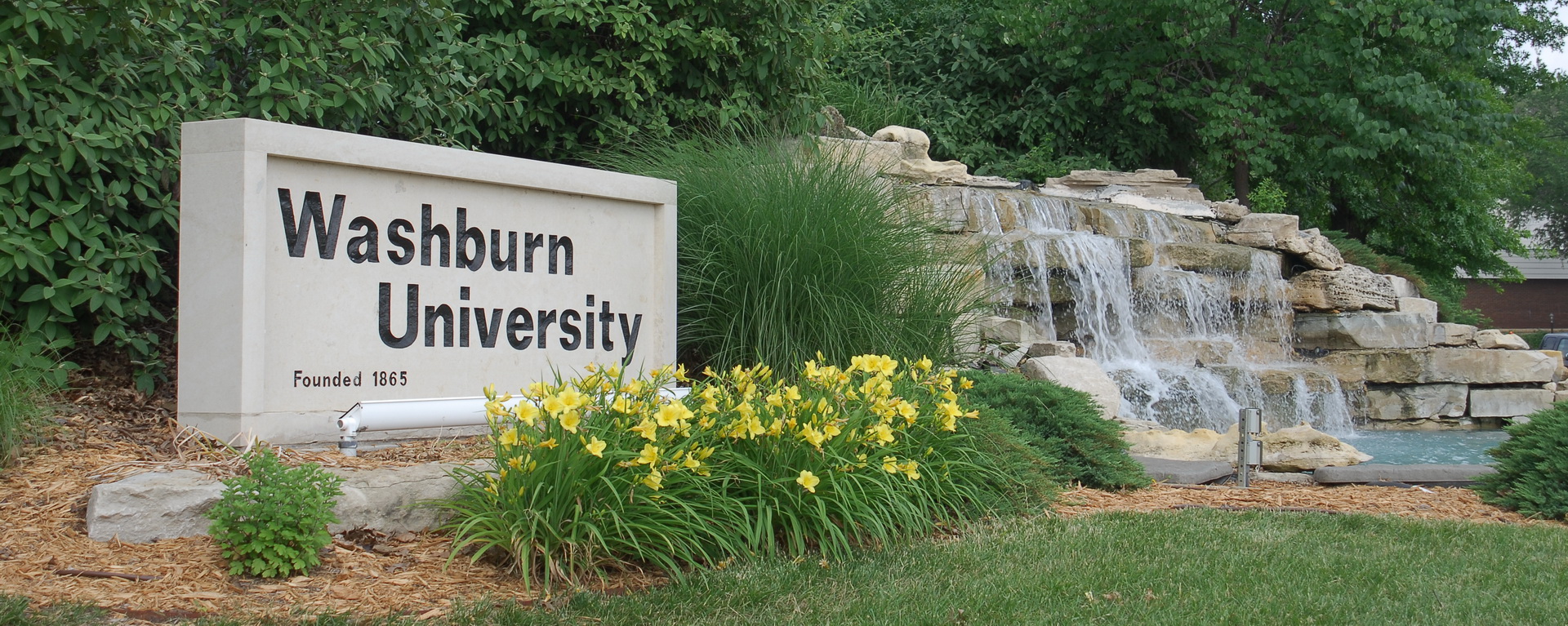For the following items please contact the departments specified.
- Plastic bags
- Drop off with the biology lab supervisor in Stoffer Science Hall.
- Electronics
- Dispose through the IT Department.
- Hard backed books
- The University does not have a recycling option however pages may be removed from books, or the binding sawed off, and then the paper stock may be deposited into the University "single stream" recycling.
- Alkaline & Rechargeable batteries
- Please contact the University Safety Director, Chris Herrera (785) 670-1779.
- Furniture and Office equipment
- Dispose through the Washburn Surplus Department and later donated to Habitat ReStore. For these items, please coordinate disposal with the Purchasing Inventory Manager at (785) 670-2313 and then submit a Facilities Services work request that includes your foapal. This does require a chargeable work order.
- Toner cartridges
- Return to manufacturer.
- With return labels.
- Some manufacturers such as Hewlett Packard supply return labels with new cartridges, other manufacturers such as OKI require you to fill out return labels from their website.
- Seal box and affix return label according to directions on the toner cartridge box or manufacturers website, then either hand deliver or send box through campus mail to UMAPS.
- Without return labels.
- Collected by the IT Department (Bennett Computer Center room 104).
- With return labels.
- Return to manufacturer.
In addition to the above items, Facilities Services also recycles the following materials generated on campus as part of normal operations:
- Scrap Metal
- Fluorescent Lamps
- Anti-Freeze
- Motor oil
- Tires
- Paint
- Wood pallets


